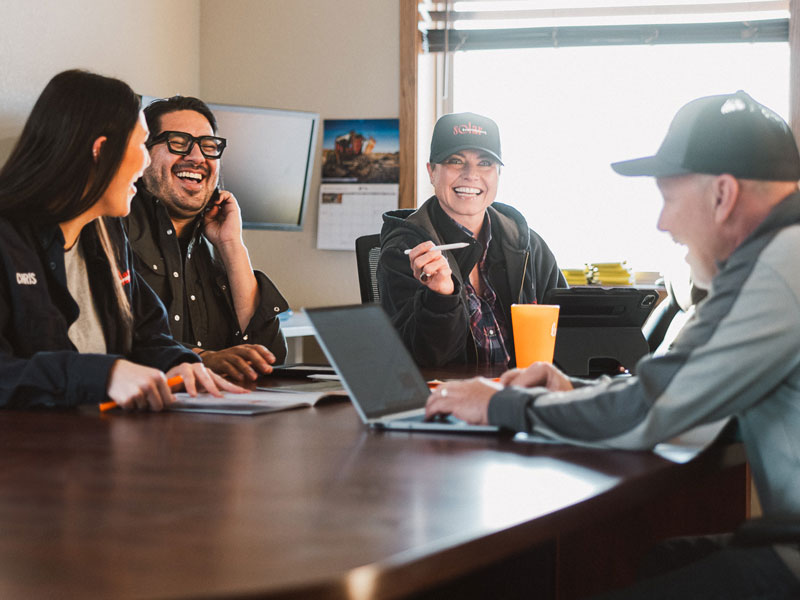With Operation Safe Driver Week approaching July 7-13, it’s important to consider educational practices. Did you know, according to the American Transportation Research Institute, that a truck driver with a reckless driving violation is 114% more likely to be involved in a crash?
This alarming statistic highlights the critical need for innovative solutions to improve driver safety in the trucking industry. While many companies focus on traditional training methods, an often-overlooked tactic may hold the key to reducing crashes, vehicle maintenance issues, and distracted driving incidents: individualized coaching plans.
I’ve seen firsthand how comprehensive coaching plans that are more than content alone can revolutionize our approach to driver safety. The key lies in utilizing multiple interaction types rather than relying on one-time content delivery. This approach helps learners remember the information and have it top of mind when they need it most.
These types of educational strategies are critical to creating a safer environment for all road users. How? By focusing on the tools and techniques that support individual growth and development, based on where the learner is and what they care about.
Here are a few examples:
- Live online synchronous instruction provides real-time, interactive learning experiences that allow for immediate feedback and personalized guidance, enhancing learner engagement and understanding when you can’t meet face-to-face.
- Immersive learning experiences, or 2D learning experiences, create realistic scenarios that enable learners to see an actual environment that is meaningful to the fleet, leading to improved retention and performance.
- Motivational surveys help identify individual learners’ goals, challenges, and preferences, allowing for the creation of tailored learning paths that optimize engagement and achievement.
- Phone evaluations offer a personalized, one-on-one approach to assessing learners’ progress, providing targeted feedback and coaching that addresses specific areas for improvement, ultimately supporting individual growth and success.
The benefits of personalized coaching plans extend beyond helping individual drivers. By reducing crashes, injuries, and vehicle downtime, these plans can help trucking companies lower costs associated with accidents, insurance premiums, and legal liabilities. With the data, companies can track which interaction types are making the most impact. Moreover, by demonstrating a commitment to driver safety and well-being, companies can improve driver retention and attract top talent to their organizations.
Gina Anderson is CEO of Luma, a learning and instructional design company that has been working in trucking since 2014 and in K-12 and higher education for over two decades to make a measurable difference in learning outcomes. Anderson has her doctorate in Instructional-Systems Technology from Indiana University and a minor in Learning Science. Luma is currently conducting case study research on how building COLs in trucking could help with recruitment and retention of drivers.
Article originally published on June 18, 2024 on ccjdigital.com.

